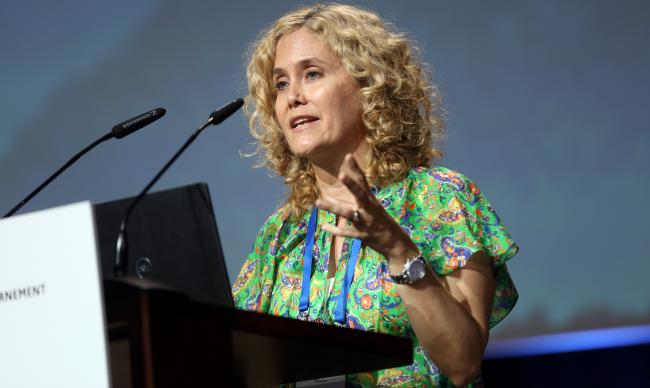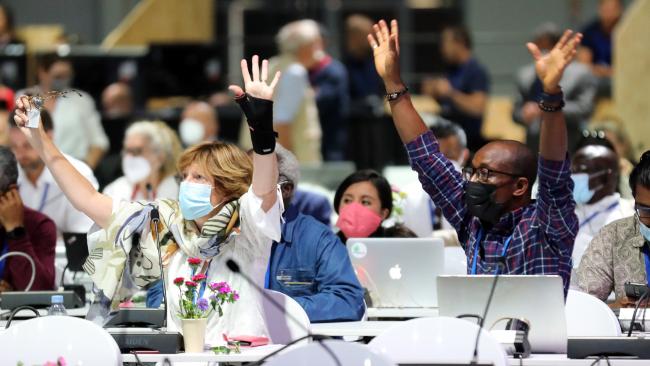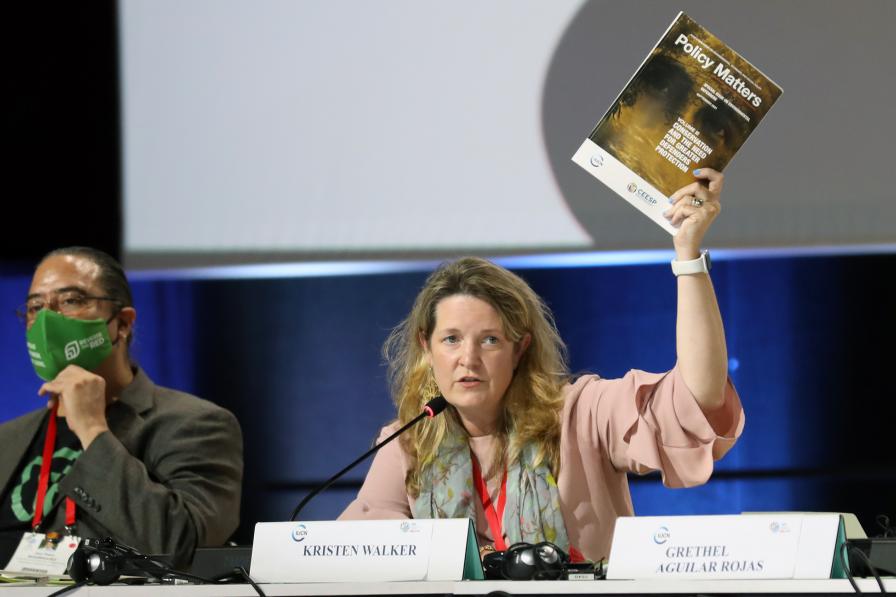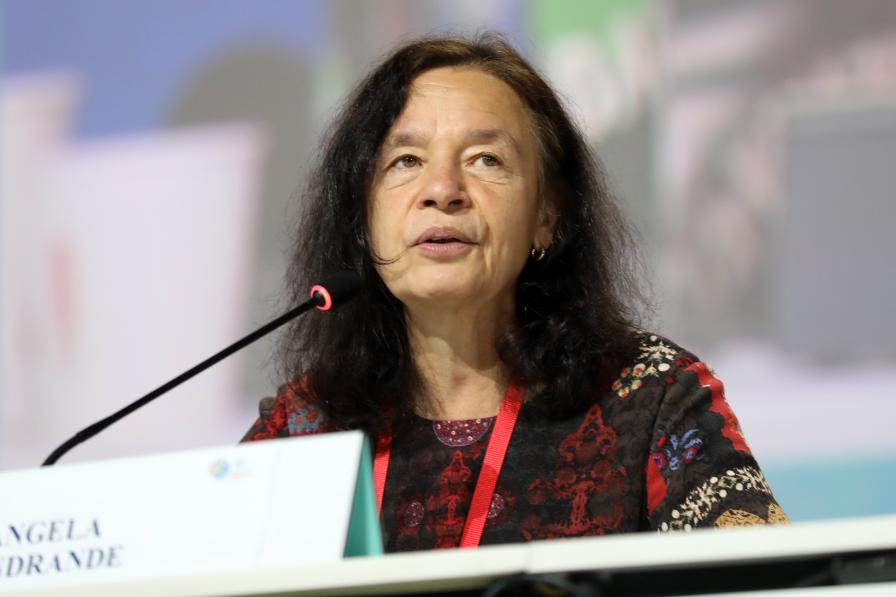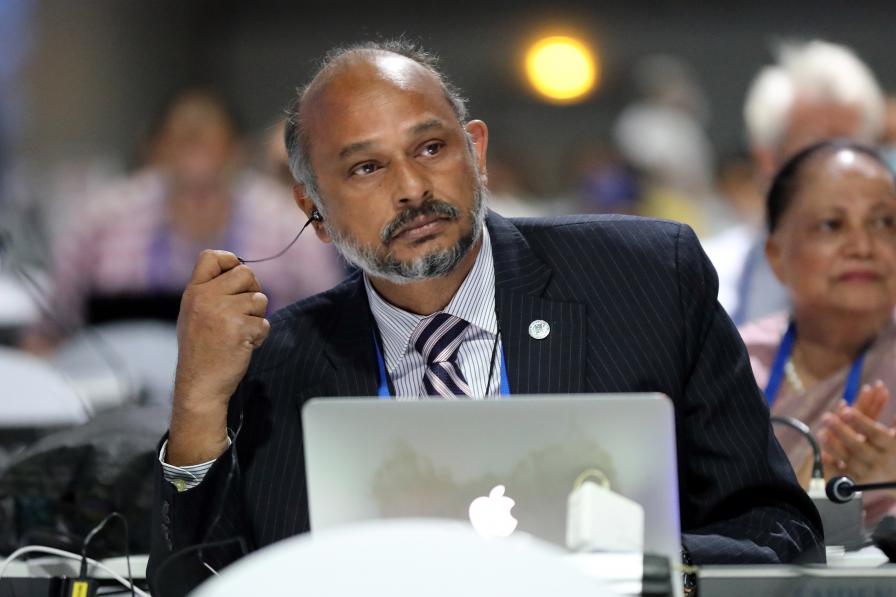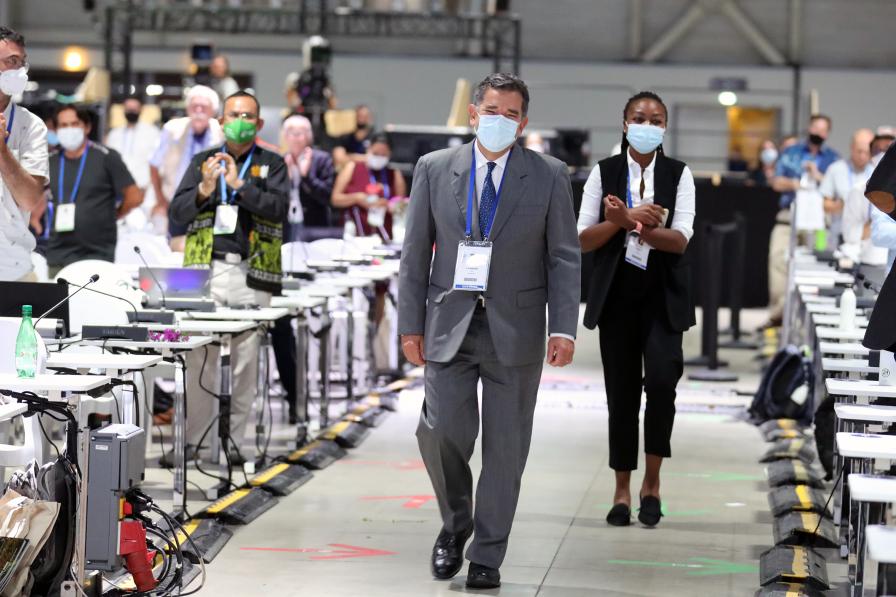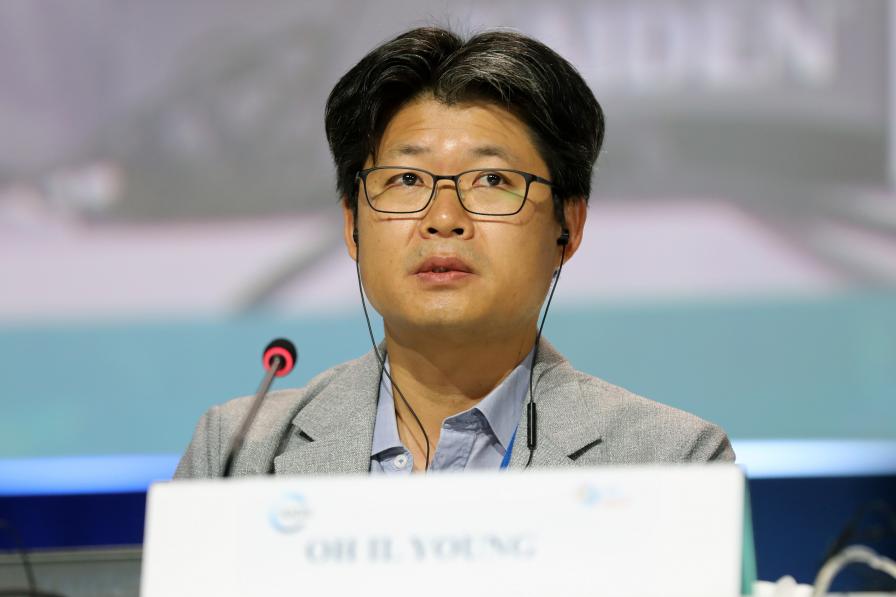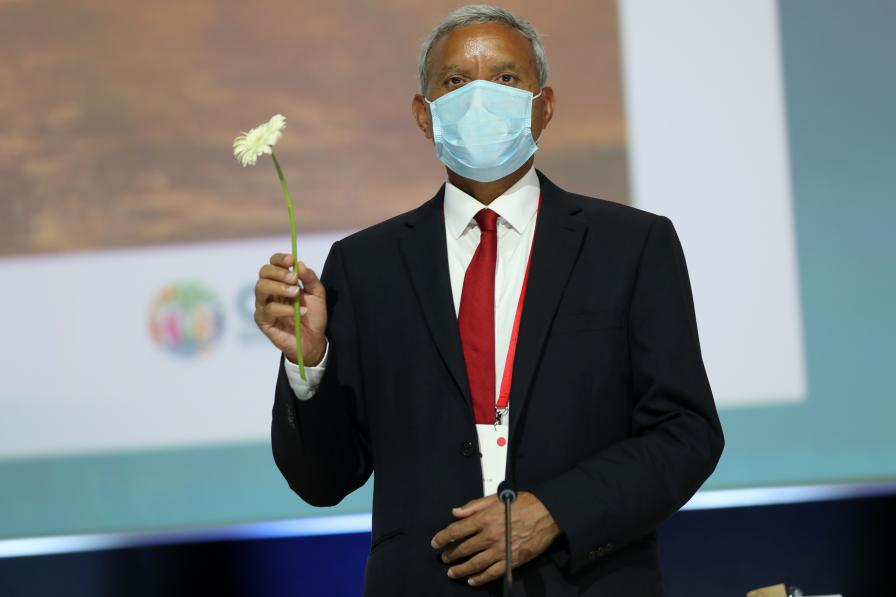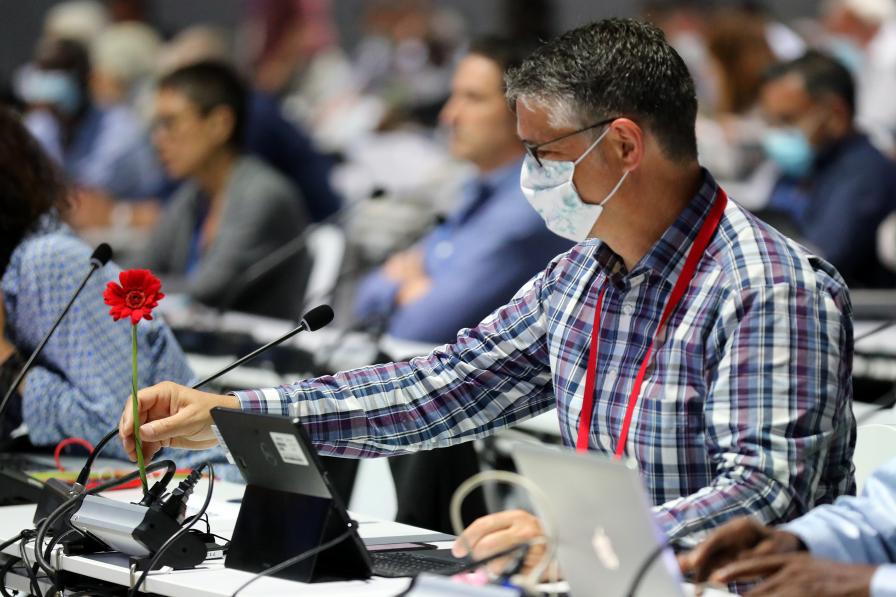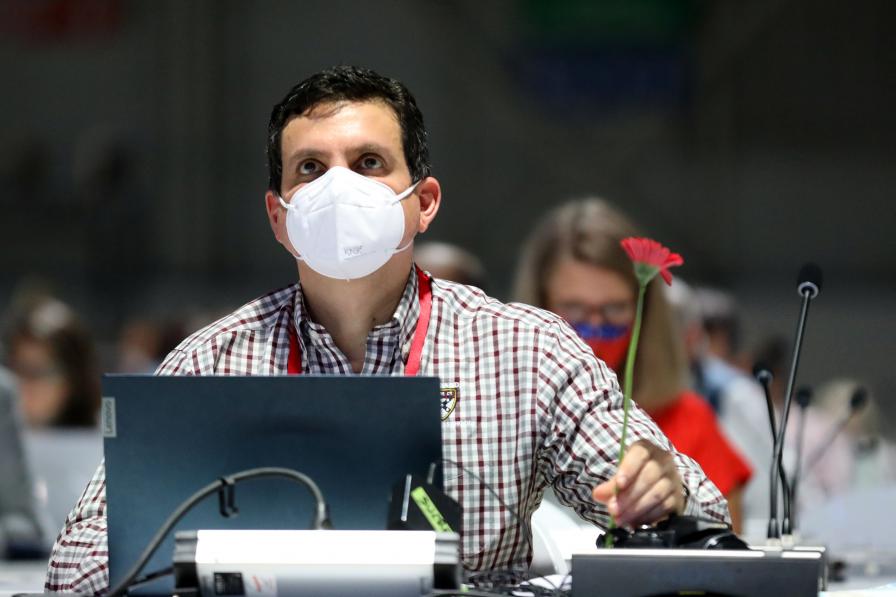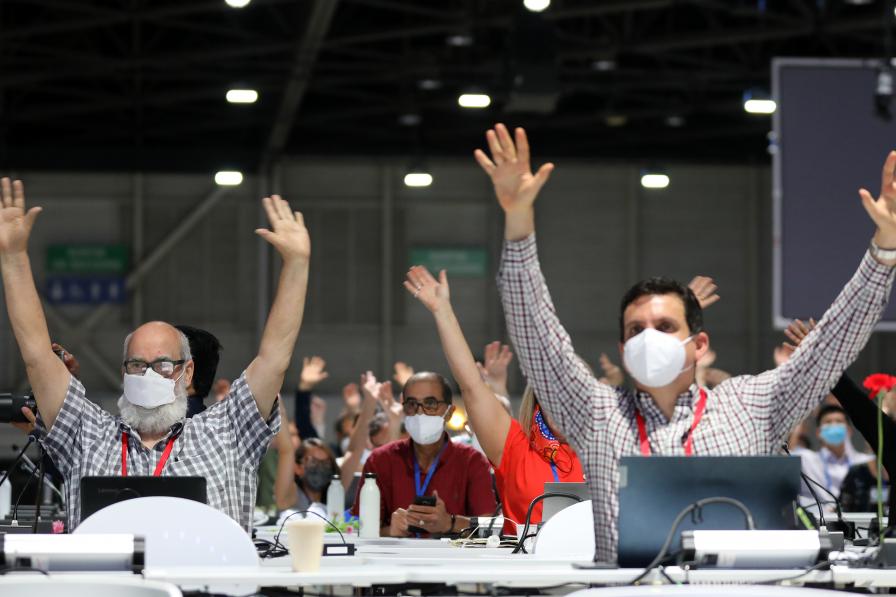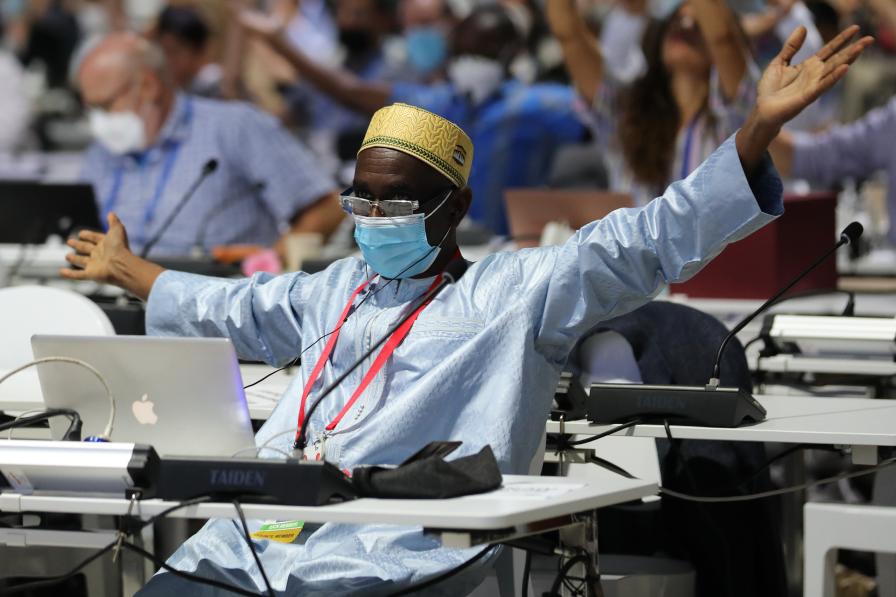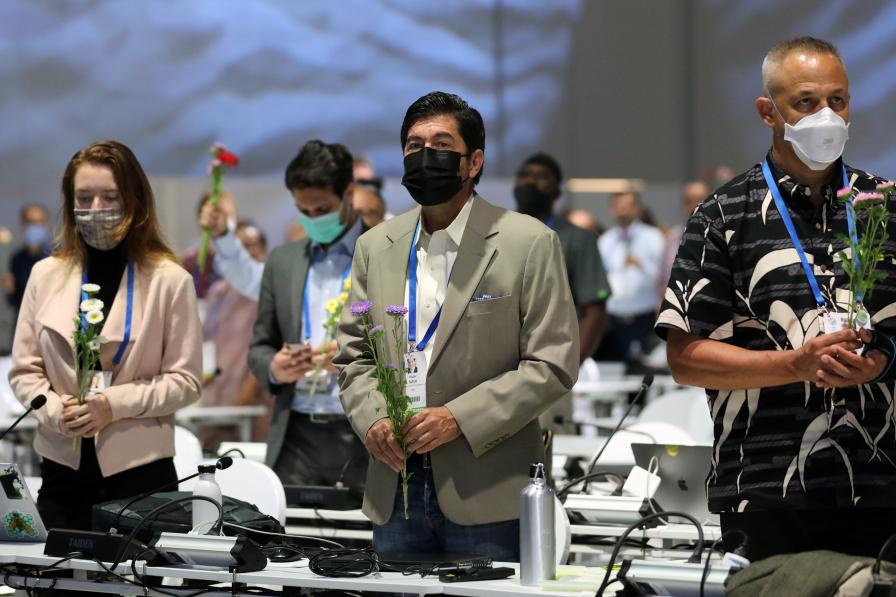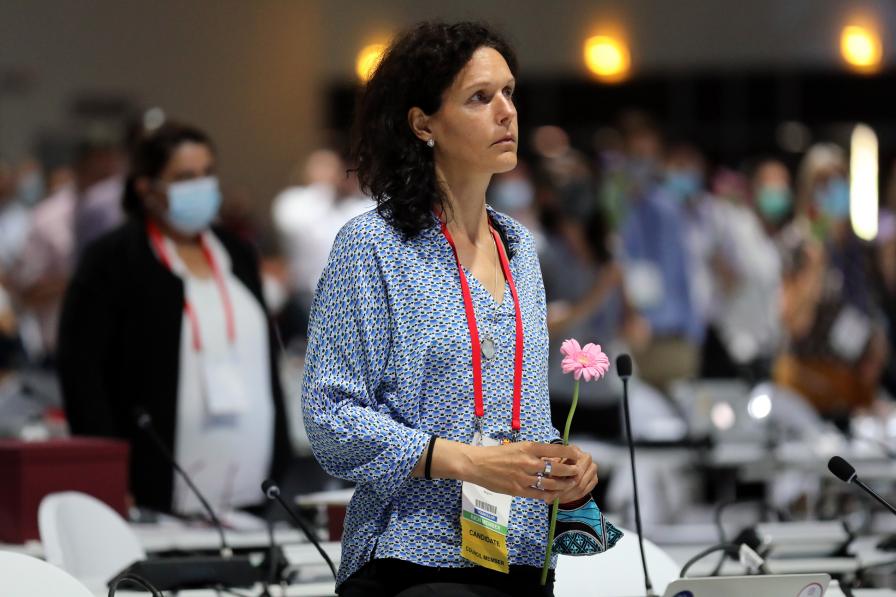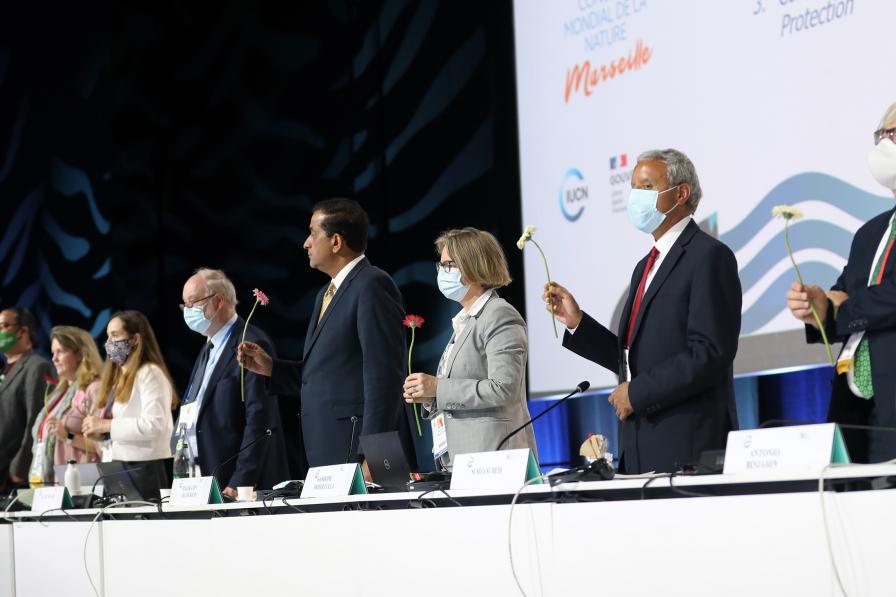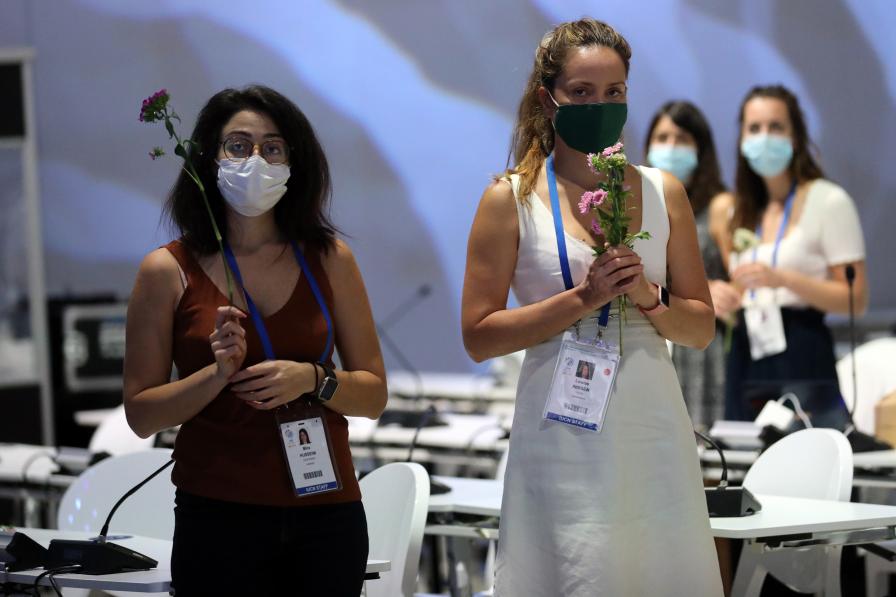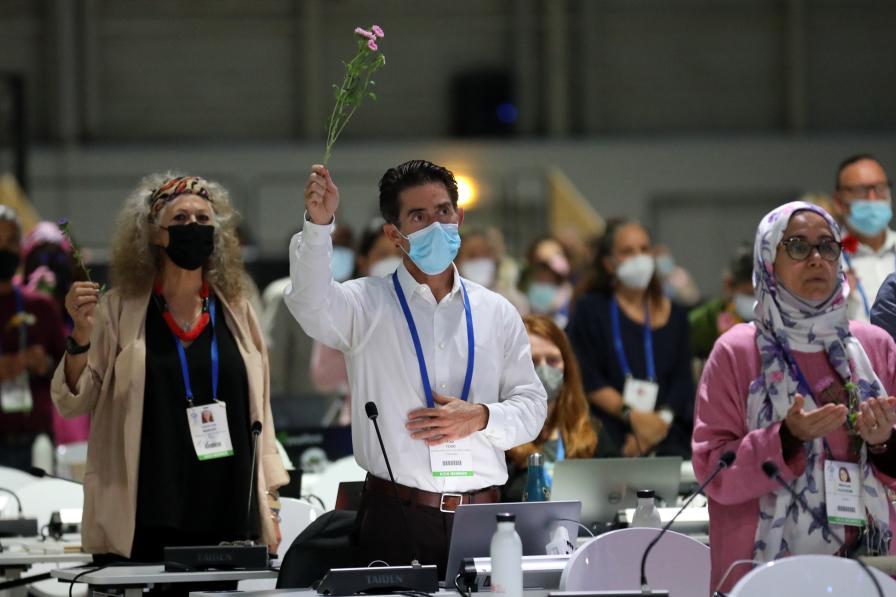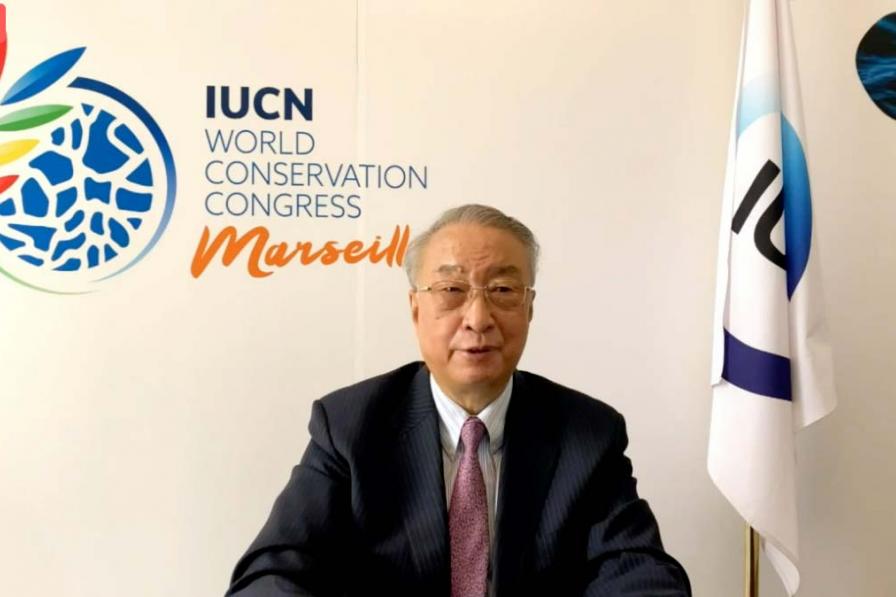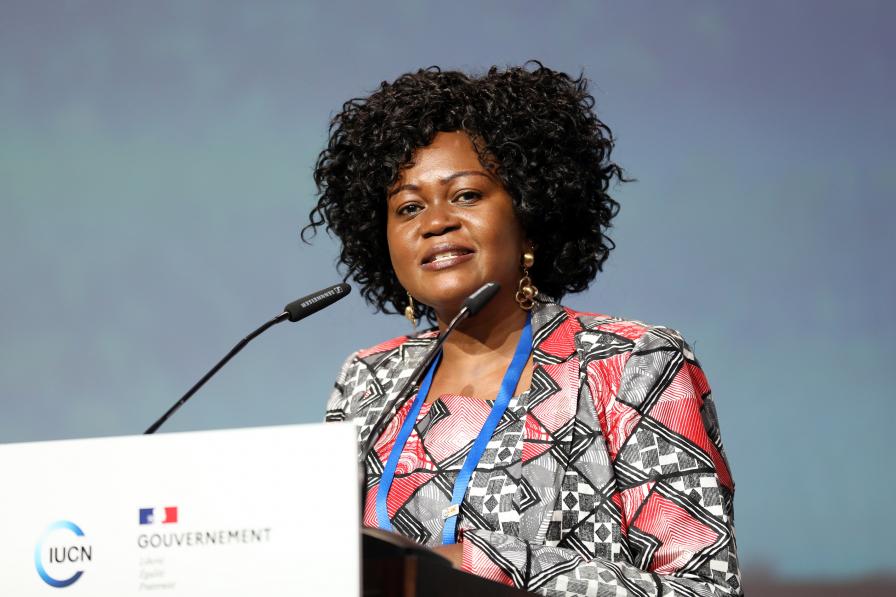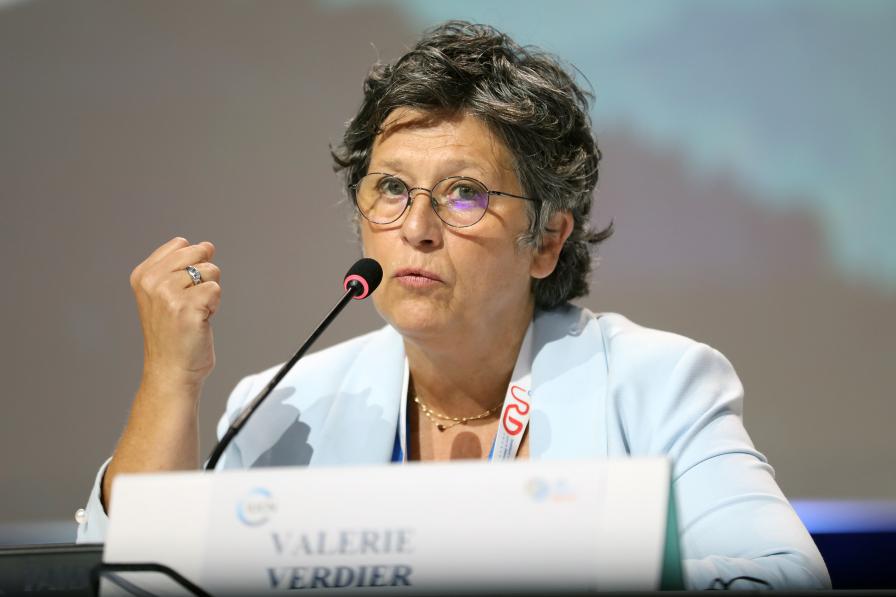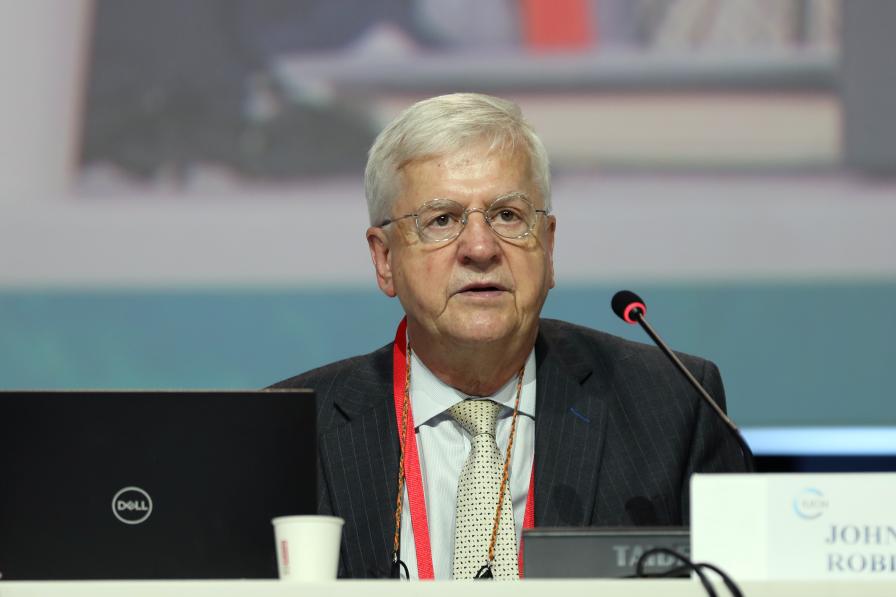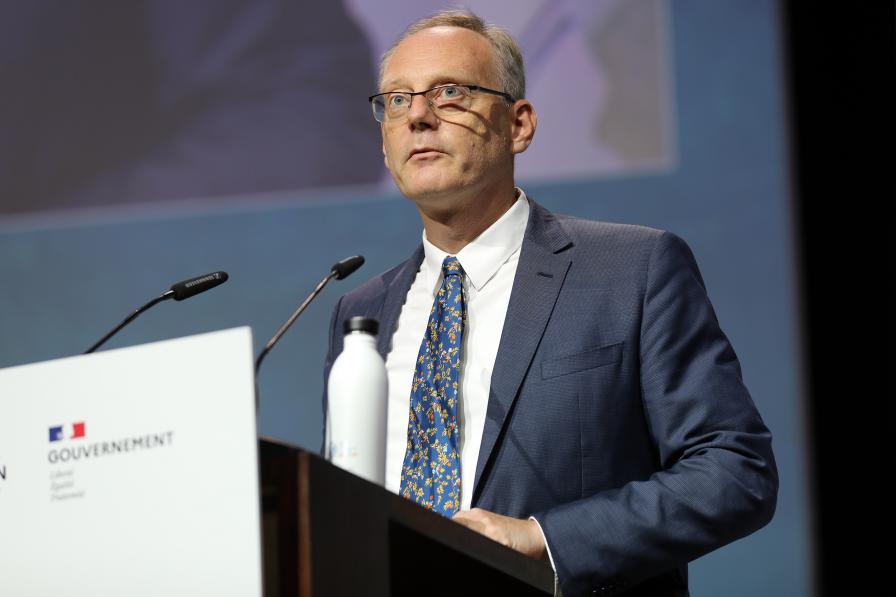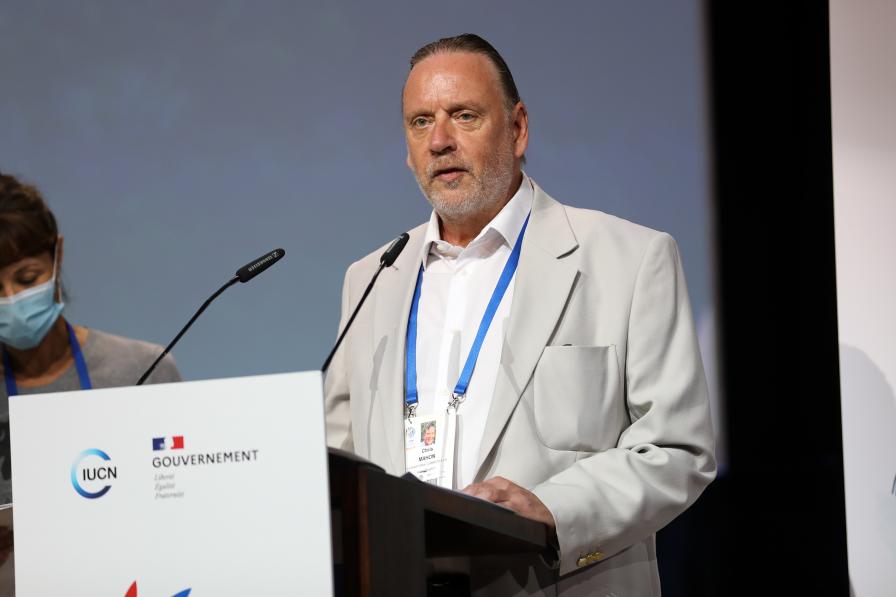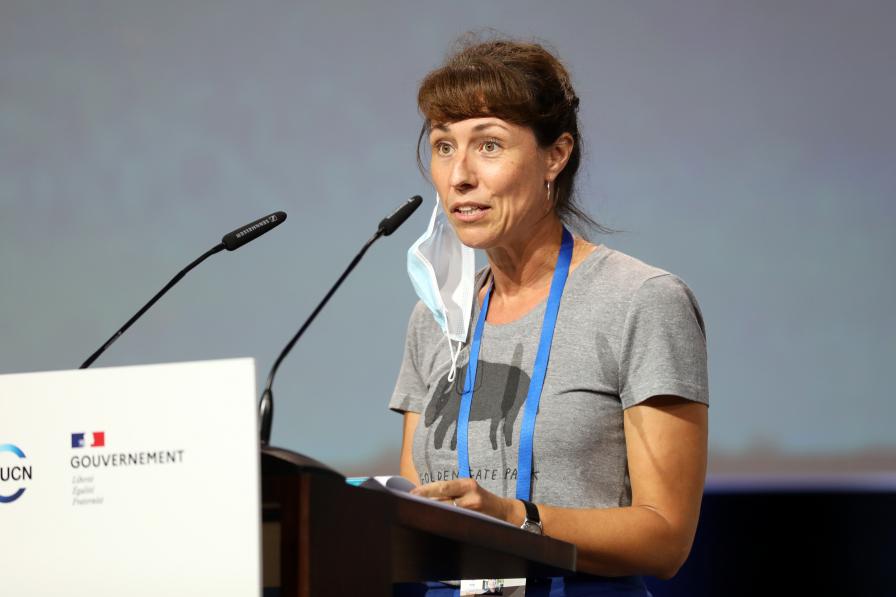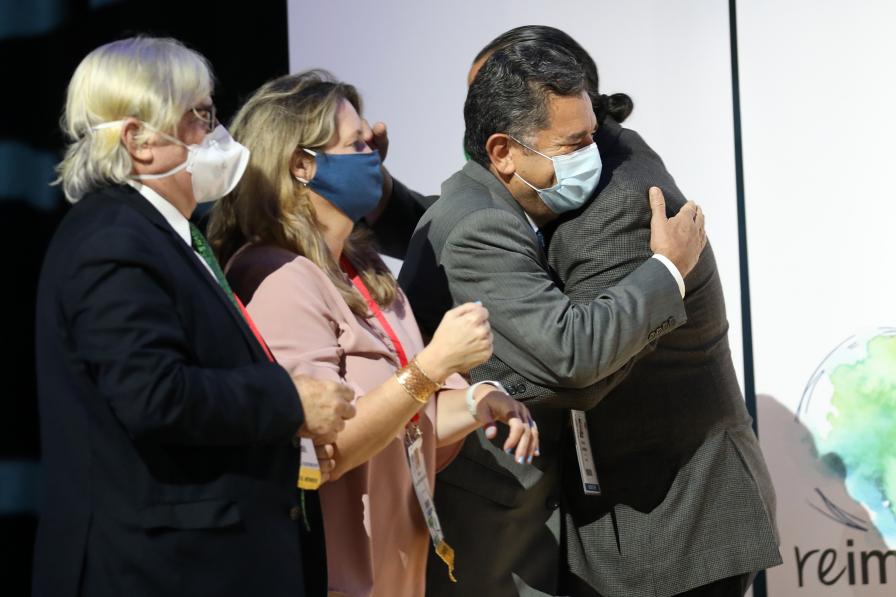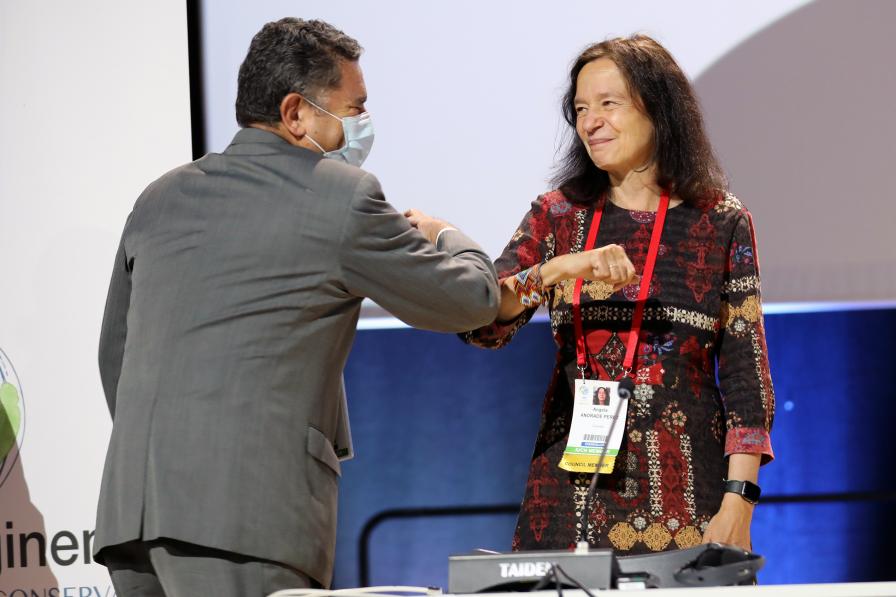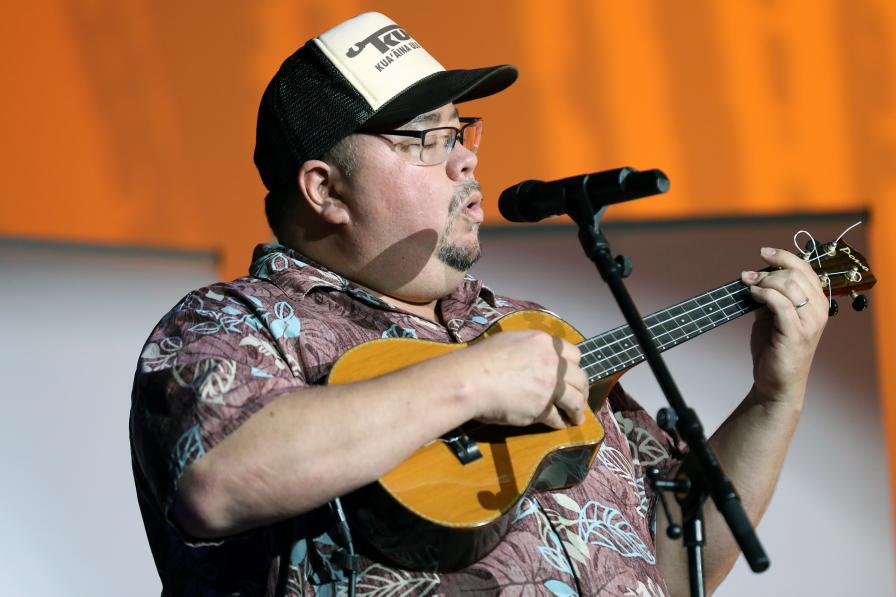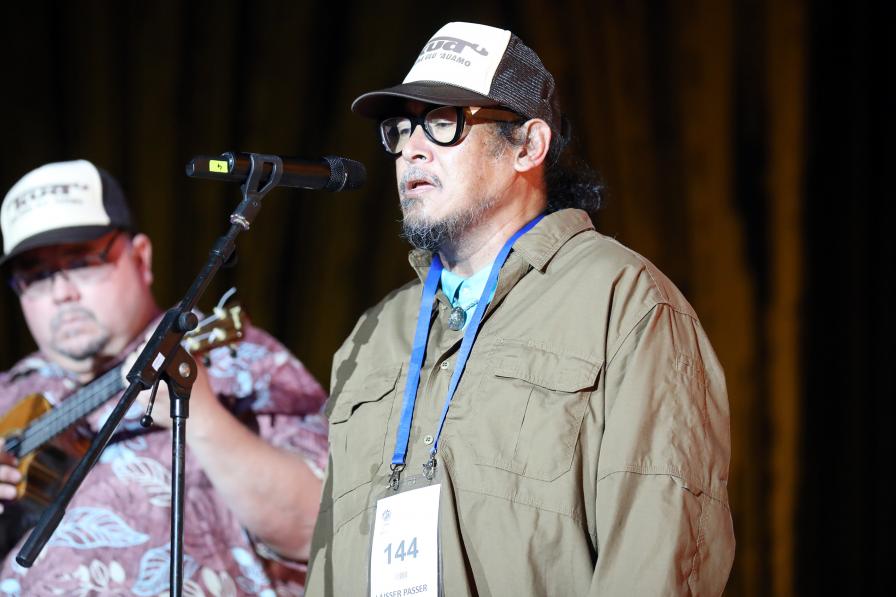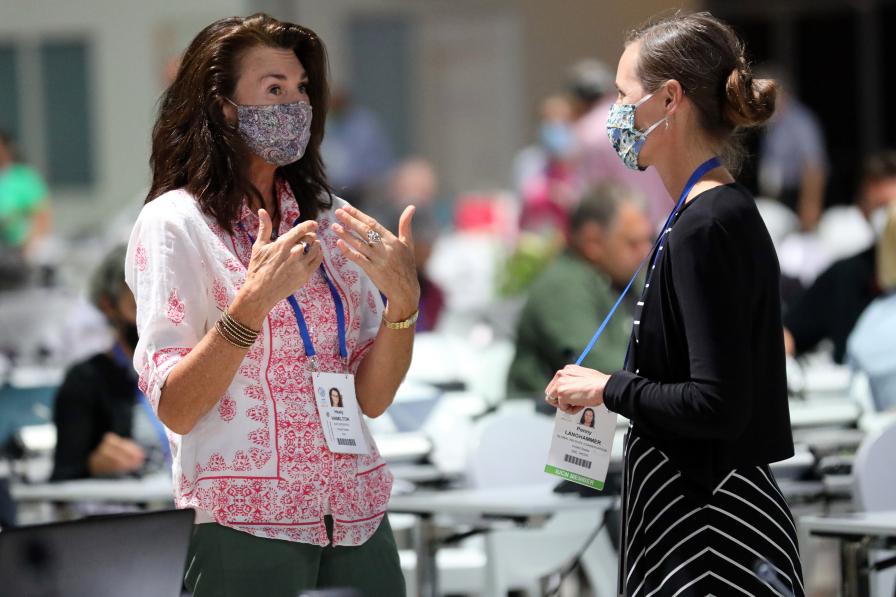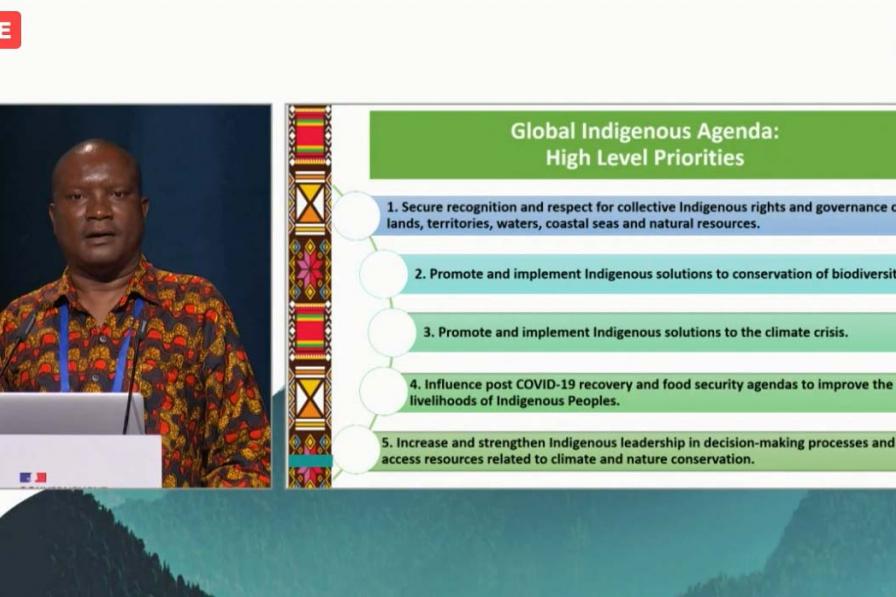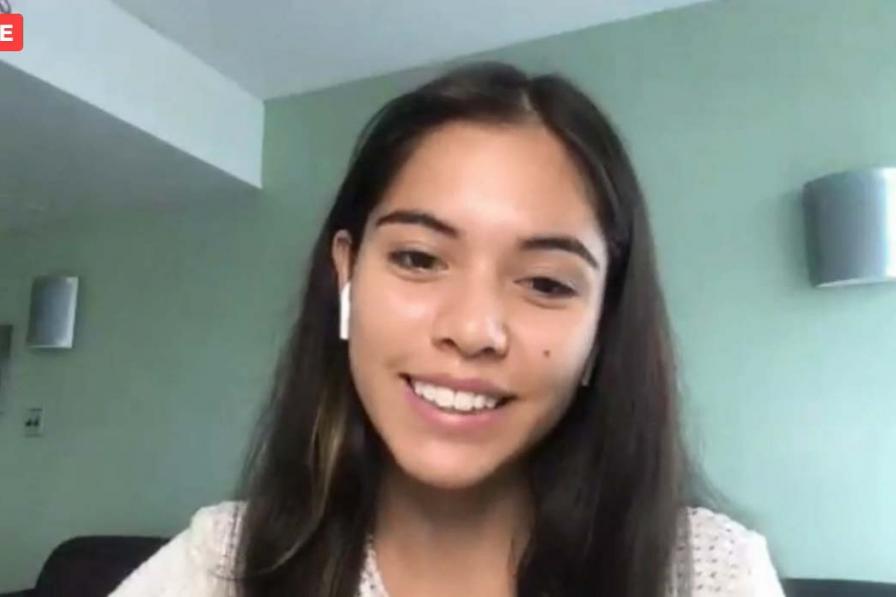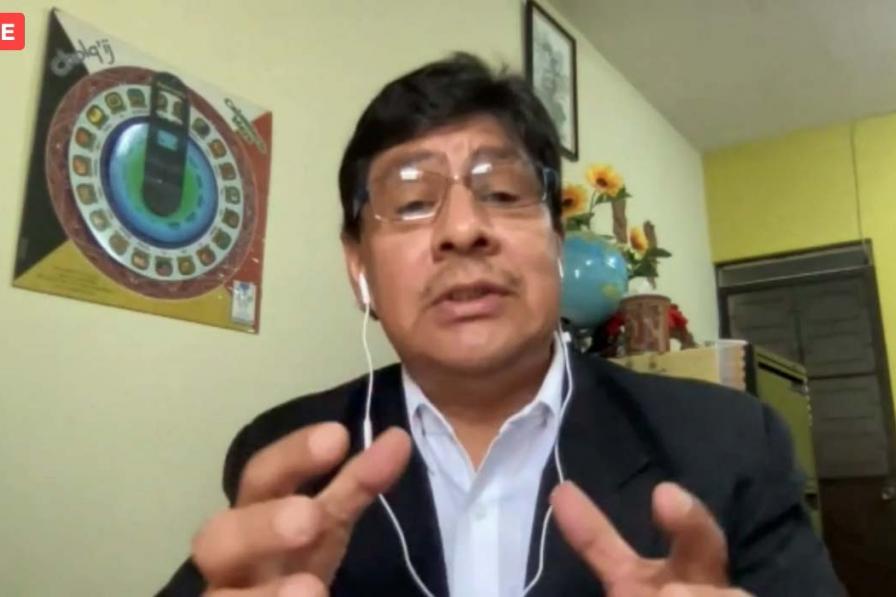During a very busy penultimate day of the IUCN Congress, Members and participants attended three Assembly Sittings, continuing their work into the evening. They heard reports from the World Summit of Indigenous Peoples and Nature and the CEO Summit as well as from IUCN Commissions, and national and regional Committees; engaged in two strategic discussions on post-COVID-19 recovery and on building a culture of conservation through new alliances; discussed the process for review of new and urgent motions; and approved nine motions, including one on governance.
Structuring Economies in a Post-COVID-19 World
Members highlighted: the pandemic has exacerbated existing inequalities and vulnerabilities; unequal distribution of vaccines is delaying economic recovery in vulnerable countries; collaboration between the Convention on Biological Diversity and other international organizations is needed to develop performance indicators; IUCN should help develop tools to support actors in designing and implementing effective nature-based solutions; natural areas should be devolved to their original owners, the Indigenous Peoples and local communitiess; and the One Health approach is relevant to both the public and private sectors.
Reports of the IUCN Commissions
Jon Paul Rodríguez, Chair, IUCN Species Survival Commission (SSC), delivered the report of the Commission, highlighting structure and governance, and major achievements. He mentioned ongoing work on three new centers for species survival, with six more under discussion. On major achievements, he cited 200 Species Green Status assessments and nearly 77,000 Red List assessments and reassessments.
Antonio Benjamin, Chair, World Commission on Environmental Law (WCEL), delivered the Commission’s report. He lauded: the achievements of WCEL’s 10 Specialist Groups; the global Congress, split into regional hybrid events due to the pandemic; WCEL’s lecture series and Environmental Week; the Global Judicial Institute for the Environment; and the IUCN Academy of Environmental Law.
Kristen Walker-Painemilla, Chair, Commission on Environmental Economic and Social Policy (CEESP), reported on the Commission’s work in two areas: Natural Resource Governance Framework, and People and Nature. She highlighted several activities and achievements, including: the #BuildBackBetter CEESP Virtual Dialogues Series, which engaged Members on solutions to overcome the challenges of COVID-19; establishing the Global Rights and Governance Programme to advance the rights and roles of Indigenous Peoples in conservation; and Youth and intergenerational engagement.
Building a Culture of Conservation Through New Alliances and Strengthening the Agency of Key Actors
Artists Kevin Chang and Kalama Cabigon sang “Hawai‘i 78,” highlighting the Hawaiian motto “Ua mau ke ea o ka ‘āina, i ka pono,” roughly translated as “the life of the land is perpetuated in righteousness.”
Process for Review of New and Urgent Motions
The Natural Resources Defense Council (NRDC) tabled a motion requesting the IUCN Council to “undertake a full evaluation of the process for consideration, review, approval or rejection, appeal, and action by the Congress under Rule 55, of new and urgent motions under consideration by the World Conservation Congress and make recommendations for changes in the procedures and statutes as necessary. The Council should consult the membership on lessons learned from the Marseille Congress and convene an online discussion process on any proposed recommended changes.”
Discussion and Vote on Motions
Delegates voted and approved:
- Planning of maritime areas and biodiversity and geodiversity conservation;
- Protecting environmental human and peoples’ rights defenders and whistleblowers;
- Strengthening the protection of primary and old-growth forests in Europe and facilitating their restoration where possible;
- Strengthening sustainable tourism’s role in biodiversity conservation and community resilience;
- Ensuring adequate funding for the IUCN Red List of Threatened Species;
- Call to withdraw draft-permit mining of fossil fuels underneath the Wadden Sea, a UNESCO World Heritage Site;
- Protecting the Okavango from oil and gas exploitation; and
- Controlling and monitoring trade in croaker swim bladders to protect target croakers and reduce incidental catches of threatened marine megafauna.
Members further approved the governance motion on the establishment of operating rules and oversight of national, regional, and interregional Committees.
Selected Images from the Plenary
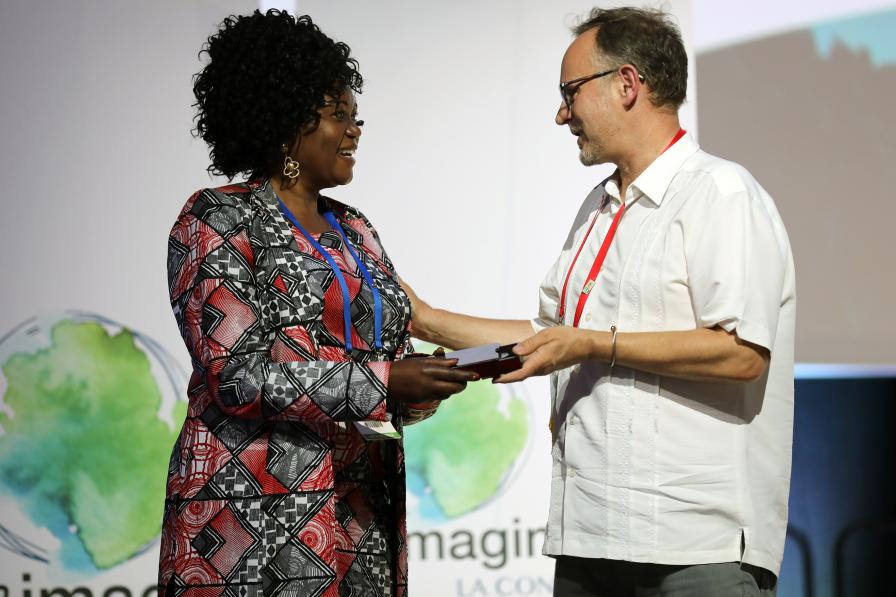
Margaret Otieno, National Coordinator, Wildlife Clubs of Kenya, and Sean Southey, Chair, Commission on Education and Communication, IUCN
